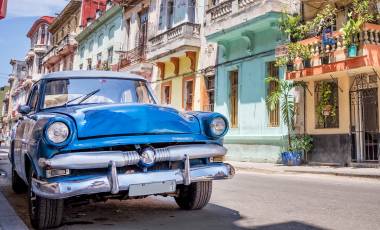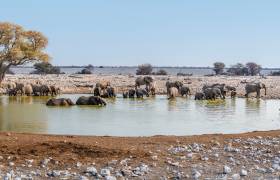Read time – 4 minutes
Meet Rayselis, joint winner of 2015’s Tour Leader of the Year Award. We caught her in a rare quiet moment to find out what makes her tick…
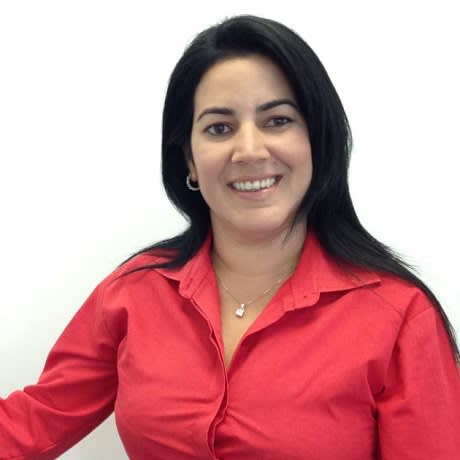 Rayselis Rodriguez
Rayselis Rodriguez Introducing Rayselis
You’re Cuban born and bred, and you’ve lived here your whole life. How is Cuba changing in recent years?
Yes, 100% made in Cuba! Every client who comes to Cuba wants to come here “before it’s too late”. It’s kind of the slogan of Cuba, come before it changes! Truth is changing is slow here, Cuba is changing at its own pace. As we always say, mañana, mañana. Taking things slow is part of Cuba!
What do you predict Cuba will be like in 5 years’ time?
Haha! I don’t have a magic ball to see the future, but I guess it will be more open in terms of foreign trading and investments. People are moving into the private sector, there are more entrepreneurs but the main things are still owned by the state. There will be more restaurants, more B&Bs, but that’s not necessarily better, they won’t necessarily be better quality. There will be more people.
We’re getting back things we have not had for many years but I don’t think we will ever lose the essence of being Cuban. Perhaps a younger president (Fidel is 90 years old). We’ll be more up to date with the outside world, let’s say.
Cuba isn’t always the easiest place to lead, but you’re known as being the lady with a plan b at all times! What do you do to make sure people have a great time?
First of all, you need to enjoy what you do! You need to have passion as a leader. You must anticipate what problems might be and experience helps you do that. You are always thinking in the background of your mind about all the things you need to know, that’s why you need an experienced guide to train you to be like that.
Cuba is not an easy country, you need to be open minded! But the Cuban sense of humour is not so different from English, we like puns and irony too so very similar really. I always tell people I know, we are very approachable, you know, we don’t bite! Just let us know now if there is a problem, we can’t do anything when you’re back in England and it’s too late. It’s important to have that connection with your group.
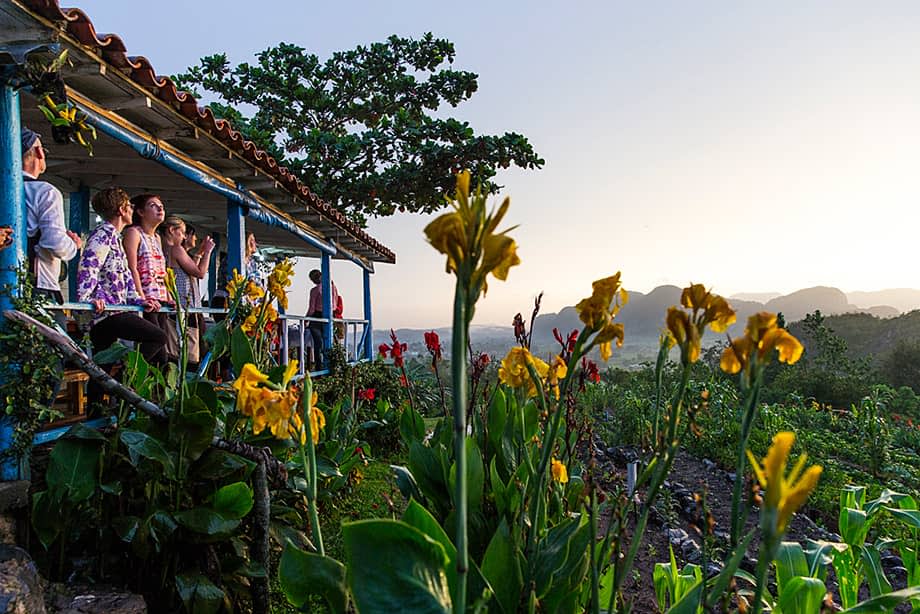 Group visiting an organic farm, Vinales
Group visiting an organic farm, Vinales Do you remember your first trip? How did it go?
Wow! Um, no…! It was a long time ago. I’ve been guiding 12 years already. I remember my first time guiding for Exodus though, it was quite different to other times, it involved a lot more concentration and commitment and planning!
That’s what makes these trips different. You don’t finish at 5pm, your job continues until everyone goes to sleep. But it always keeps you excited. That’s what I remember most, trying to remember all the little details. It was a big shock!
What do you think people have in common when they come on your trips? What sort of traveller comes to Cuba?
It’s changing, I have to say, because at the beginning I had more loyal Exodus clients who had done many trips, whereas now I’ll have a group sometimes where none of the 18 people has been on an Exodus trip before!
You can distinguish when they have been on a tour before or not, you can just feel it. I say I lead the “easy” tour or the “lazy” tour but we do a lot of things, that sometimes people say they need a holiday after their holiday! But we try to taste Cuba as much as possible in the time.
What people have in common is they want to see the real Cuba, and that’s where you lead them – you’re honest with them, you show them your country and try to satisfy their curiosity. That’s what unites them, an interest in history and culture and having fun too.
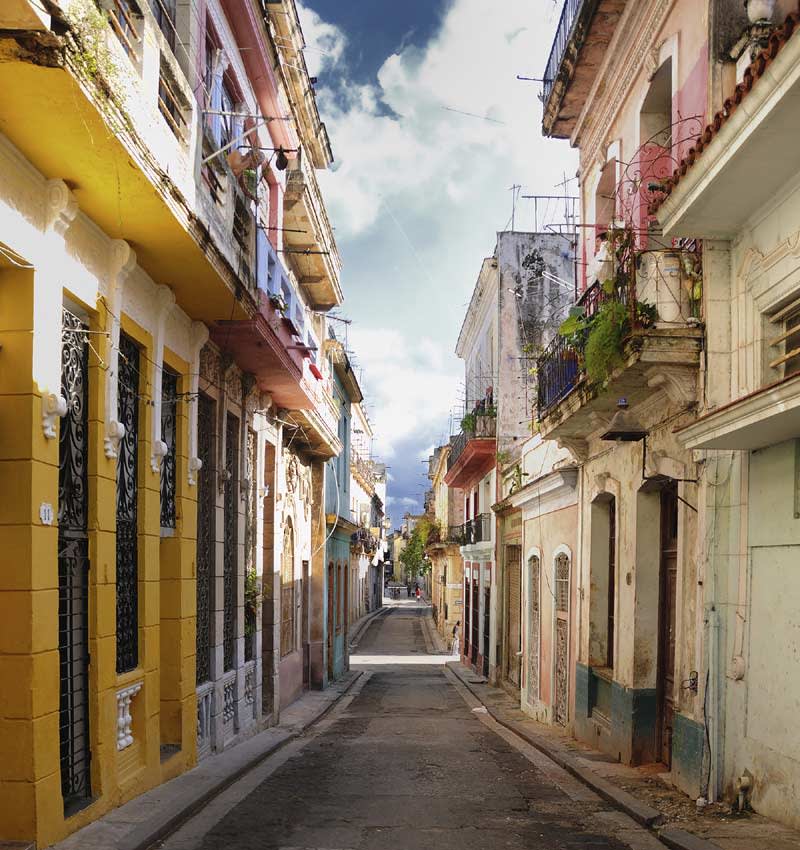 Havana
Havana On the first day, I ask everyone to leave behind the formality of the UK, to try to feel at ease… drink some mojitos, try salsa… you’ll be amazed at how many salsa CDs you’ll buy and take home and never listen to again! I want them to be a little bit Cuban for these days.
What do you think is important that people see when they visit Cuba?
Cubans! That’s what I think people need to see, Cuban people. They carry all the contradictions in them, the happiness and the sadness all in one, they show our society and how we take things in life. That is what I call the Cuban Philosophy, it’s not quite “Hakuna Matata” but we always adapt ourselves to the situation.
Life has taught us to be like that. When we need to laugh, we laugh, and when we need to cry, we cry. When I say the Cubans I mean you need to see the Cubans in their places, do the things we enjoy, come dancing! In the end, that’s what will tell you you’re in Cuba and not anywhere else.
What’s your favourite place to take people to, or your favourite activity on the trip?
My groups say, “You say every place is your favourite!” It’s hard because every place has its own charm. I always say Havana is my favourite place to guide, Vinales is my favourite for landscape, Cienfuegos is my favourite city, and Trinidad of course has a completely unique atmosphere at night.
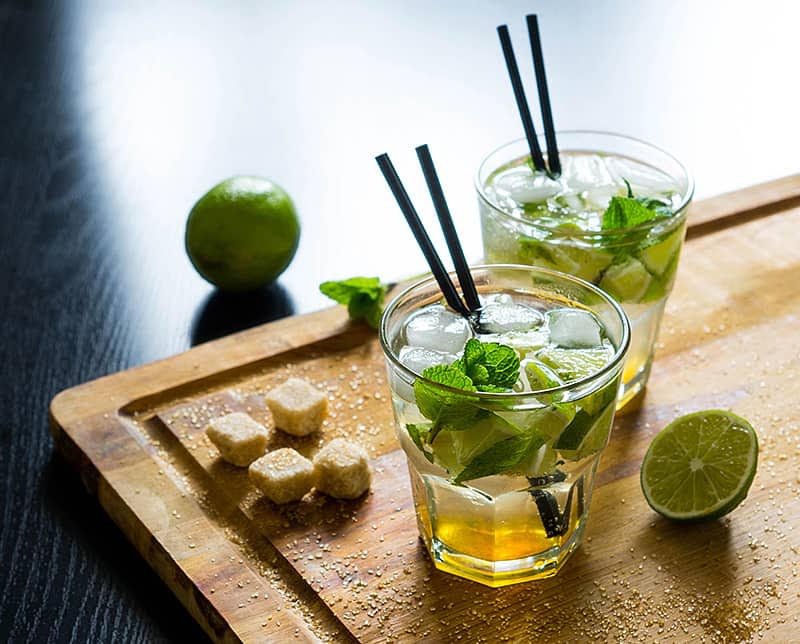 Mojitos, Trinidad
Mojitos, Trinidad What is so special about the casas particulares and why do you think people love them so much?
I think they are a very good insight into Cuban families and how they live. The experience varies on which casa you stay in – one client showed me a souvenir she had, the kid from the casa gave her his graduation book and she was so happy she cried! But not everyone gets that, it’s a spectrum.
But it is a good way to get into the daily life of different Cubans, you could stay with a doctor, or a waiter, or a mechanic, or a retired professor – so you cannot generalise what it is like to stay in a casa. It’s a little taste of the family and most people are proud of have that sort of adventure.
Finally, what would be your best bit of advice to people about to travel to Cuba?
I would tell them to relax, keep your sense of humour, be a little patient and always expect the unexpected! Go with an open-minded philosophy. It’s best to go with the flow, that’s the Cuban Way!
If you’d like to meet Rayselis in person, view her tour below.
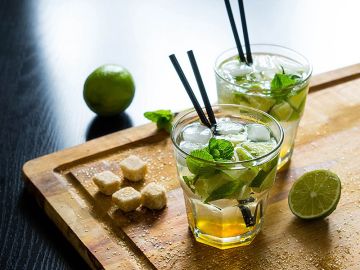
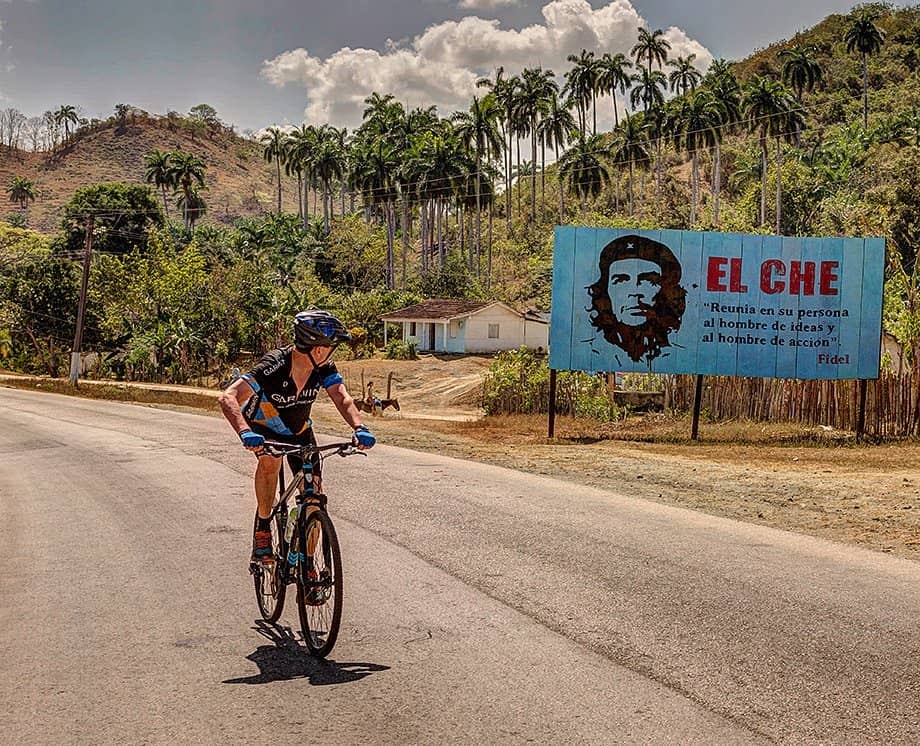 Cuba’s revolutionary history
Cuba’s revolutionary history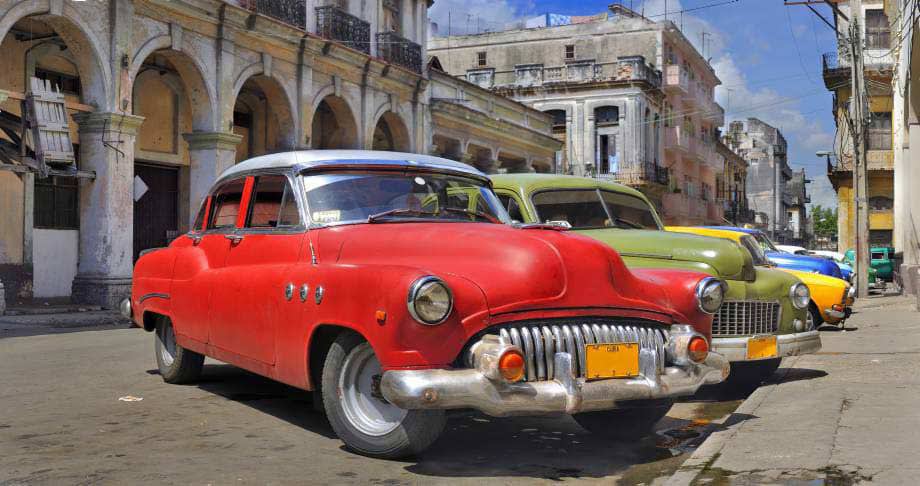 Cuba street scene
Cuba street scene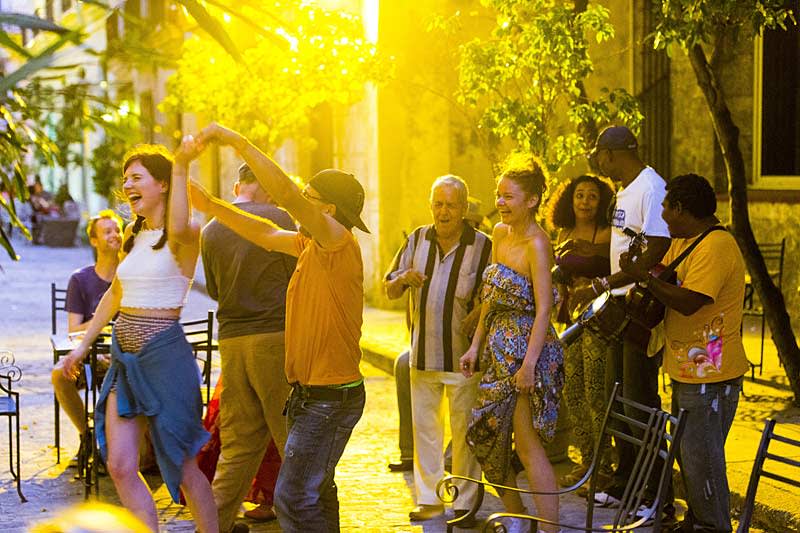 Learning to salsa dance in Cuba
Learning to salsa dance in Cuba